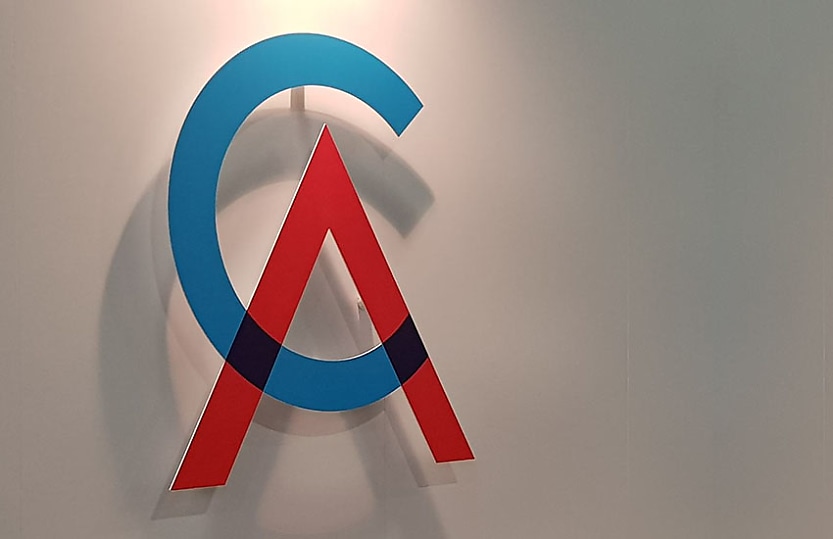CA ANZ responds to proposed Code amendments from IESBA, APESB

The accounting body is welcoming proposed revisions to the code but has raised concerns about the necessary requirements to assess an expert’s objectivity.
CA ANZ is calling on the Accounting Professional and Ethical Standards Board (APESB) to consider the effects of the requirements of an expert’s objectivity on smaller market economics.
In a submission to the APESB, CA ANZ provided feedback on the exposure draft to APES 110 Code of Ethics for Professional Accountants (the code), proposing requirements of professional accountants when using the work of an external expert.
In addition to the concern raised around the objectivity of an external expert, the body added that it questioned the assumption that no safeguards existed for insignificant gaps in competency and capability.
In the submission, CA ANZ said it was “broadly supportive of the proposals that introduce a framework to assist in evaluating whether an expert has the necessary competence, capabilities, and objectivity to meet the intended purpose/s of the engagement by the inclusion of the following three new sections to the Code and other related amendments to the Code.”
The three sections proposed by the body included Section 290 for Professional Accountants in Business, Section 390 for Professional Accountants in Public Practice, and Section 5390 for Sustainability Assurance Practitioners.
The body noted these recommendations were consistent with comments it had made previously to the International Ethics Standards Board for Accountants (IESBA).
“We support the proposal to explicitly refer to external experts who are engaged by an employing organisation, firm, or SAP to differentiate between experts who might be internal to the firm or employing organisation. We welcome the inclusion of “experience” in the proposed definition of 'expertise',” CA ANZ said.
“We note that the inclusion of 'experience' was in response to comments (including those of CA ANZ) to the IESBA about the importance of experience as an essential component of expertise.”
The body added that if the definition was amended, it would be more aligned with the definition contained in ASA 620 Using the Work of an Auditor’s Expert (ASA 620), improving the congruence of both standards.
CA ANZ shared that it could see the potential of significant practical challenges arising based on the objectivity requirements applying to all experts, regardless of the scope, importance, or materiality of their work.
According to the organisation, the ability to meet the objectivity test would be difficult when the number of experts available was less than the demand for their services, particularly in smaller market economies like Australia.
“This may cause a detriment to the public interest where an expert cannot complete an engagement, or no suitable expert can be identified,” CA ANZ said.
“We urge the APESB to specifically consider this requirement considering the Australian marketplace.”
In the submission, CA ANZ outlined its concern regarding the result of paragraphs R290.12(a) and (b), R390.21(a) and (b) and R5390.21(a) and (b) as no safeguards are available if an expert does not have the necessary competencies or capabilities.
Based on this, the body said there should be appropriate safeguards in place in the circumstance that risks to the public interest could not be eliminated or reduced to an acceptable level via application of available safeguards as determined by the reasonable and third-party test.
CA ANZ added that it would later raise the matter that the proposed definition of ‘the expert’ included their organisation, but not an external, secondary expert.
Another element welcomed by the body was the approach to delineate the provisions that addressed an auditor's objectivity information requests from external experts for public interest entities (PIEs).
“This approach ensures proportionality is applied to the CCO requirements for non-PIES and may increase the supply of available experts, reduce costs and barriers to entry for small market participants.”
However, the body said it continued to hold concern about the proposed requirements in R390.14-.17 and R5390.14-.17 which, for PIE audit and review engagements, appear to assess external experts through the lens of independence rather than from the conceptual basis of objectivity.
Reason for concern was linked to the idea that the expert was not a member of the engagement, audit or assurance team, yet the proposed revisions effectively created a new limb of independence for these experts, “which may not be appropriate given the scope and impact of the expert’s contribution to the audit or review engagement”.
“We urge the APESB to specifically consider these requirements in light of the small Australian marketplace.”
Finally, the submission noted support for the operative date for sustainability assurance engagements included in the ED being on or after 1 January 2026 a or as at a specific date on or after 1 January 2026, agreeing that an alternative operative date would be inappropriate.
About the author

